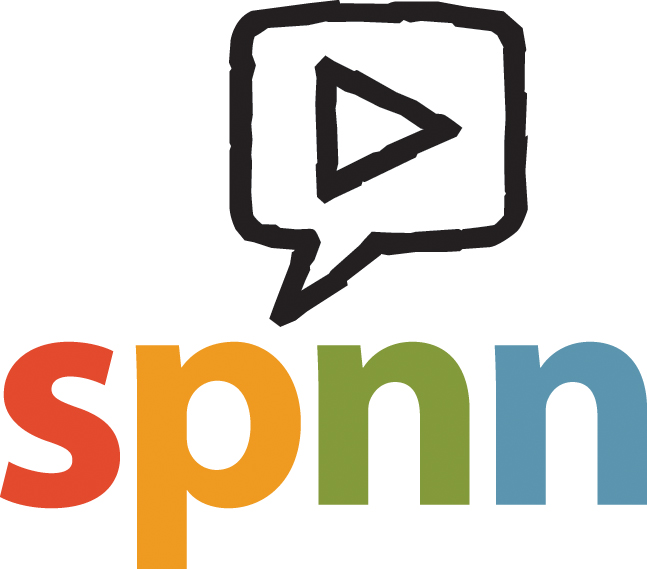Why Join CTEP AmeriCorps
The Community Technology Empowerment Project (CTEP) AmeriCorps tackles digital inclusion in the Twin Cities.
Hear and read more about the unique program from our members!
See our list of position descriptions and apply now to become a CTEP AmeriCorps Member!
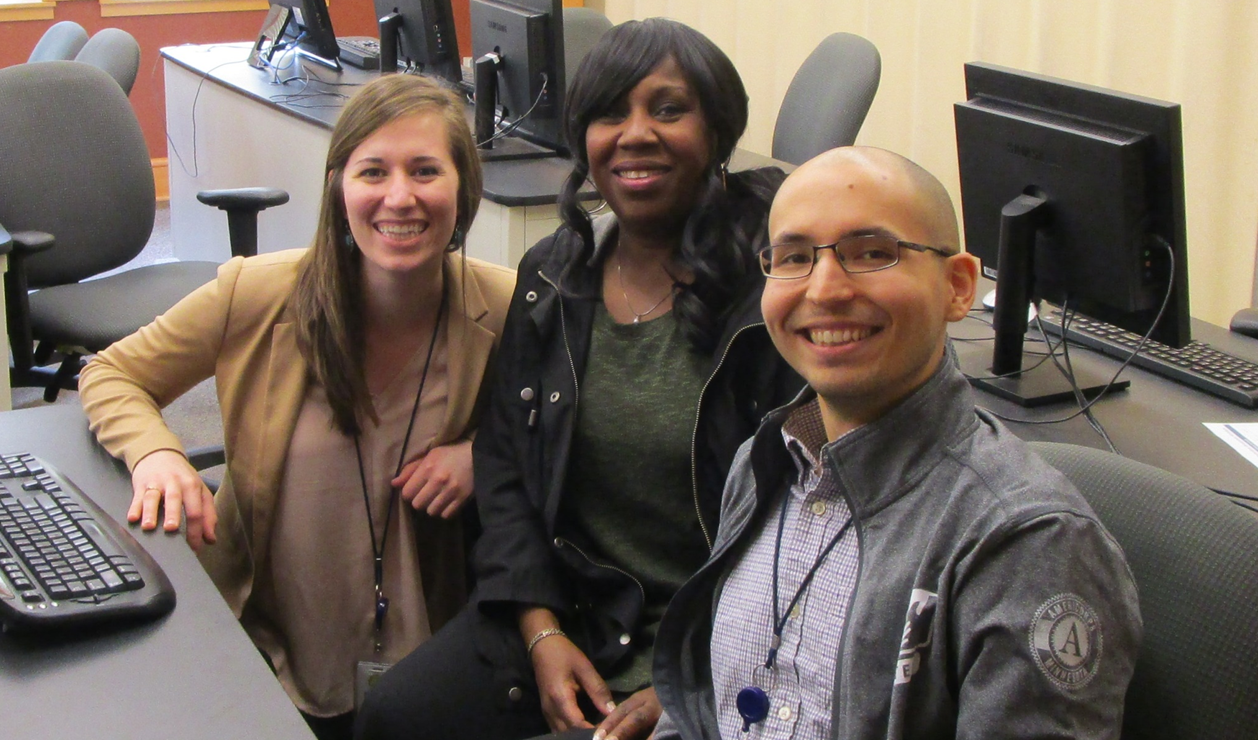
What do CTEP AmeriCorps Members do?
Members teach technology literacy skills to program participants in order to help them obtain employment, and improve their civic and social opportunities. You might be surprised to find out how many people are afraid of learning new technology. Our members help people get over that fear by teaching in formal classes and mentoring people one-on-one in computer/technology labs.
"The most rewarding parts of my service are the moments in my computer classes when someone who was previously uncertain about computers begins to get excited about technology, or when someone tells me they received a job because of our work together and to see how excited they are about it. This feels like I'm really making a difference.” --Laura Wondra, Arlington Hills Community Center.
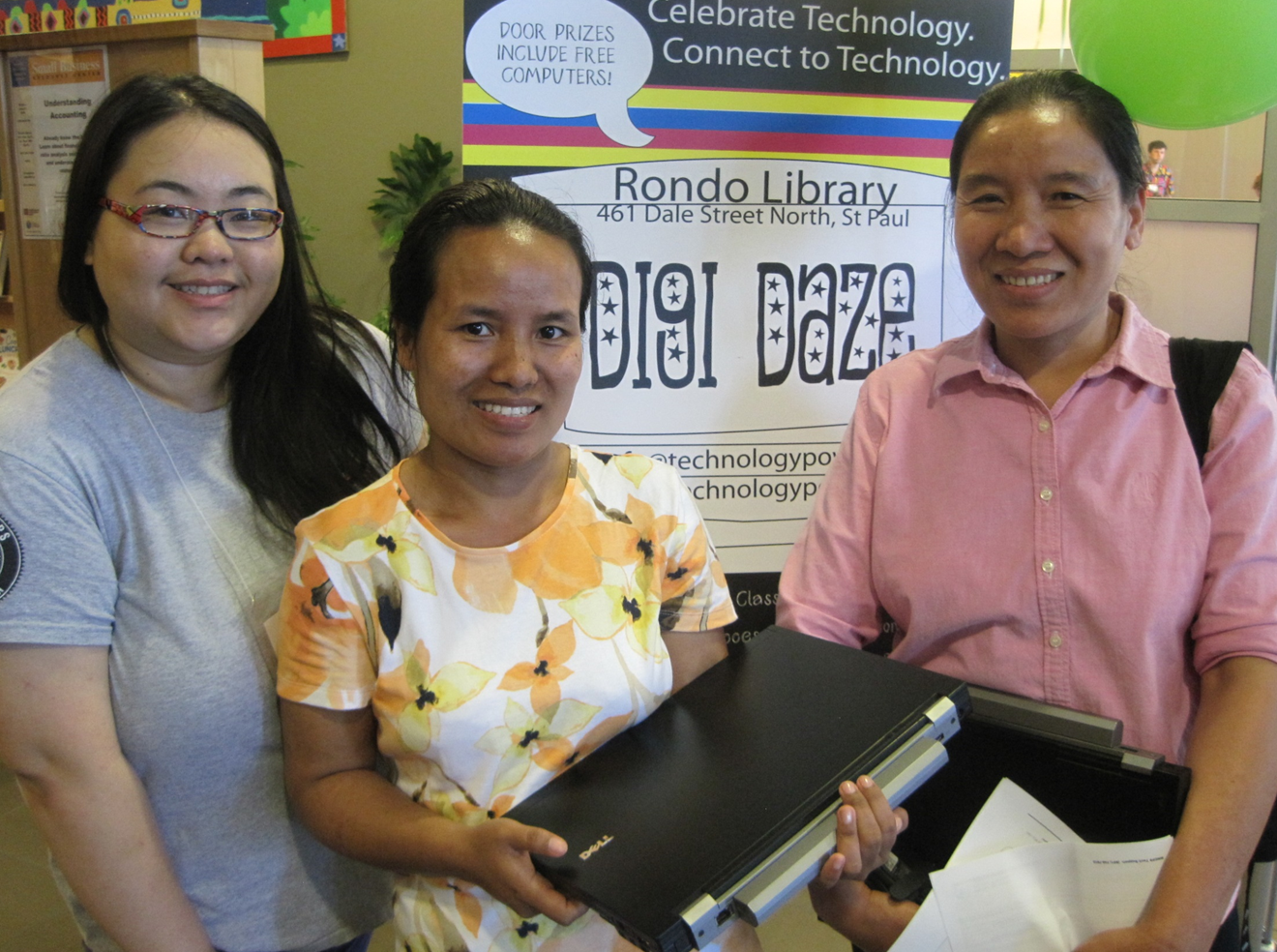
Where do CTEP AmeriCorps Members serve, and is it full-time?
Members serve full-time (about 35 hours a week) for a year in a community technology center located within libraries, immigrant services organizations, employment centers, museums or media centers in the Twin Cities. See our full list of positions descriptions. About a third of our members choose to do a second service year of CTEP.
“Through CTEP I began to see how important non-profits and community based organizations are to a community. In our service year we got to see some of the struggles in the community around us, but we as CTEP members we were also able to achieve something that would improve the life of another person.” --Maya Hanson, Rice Street Library.
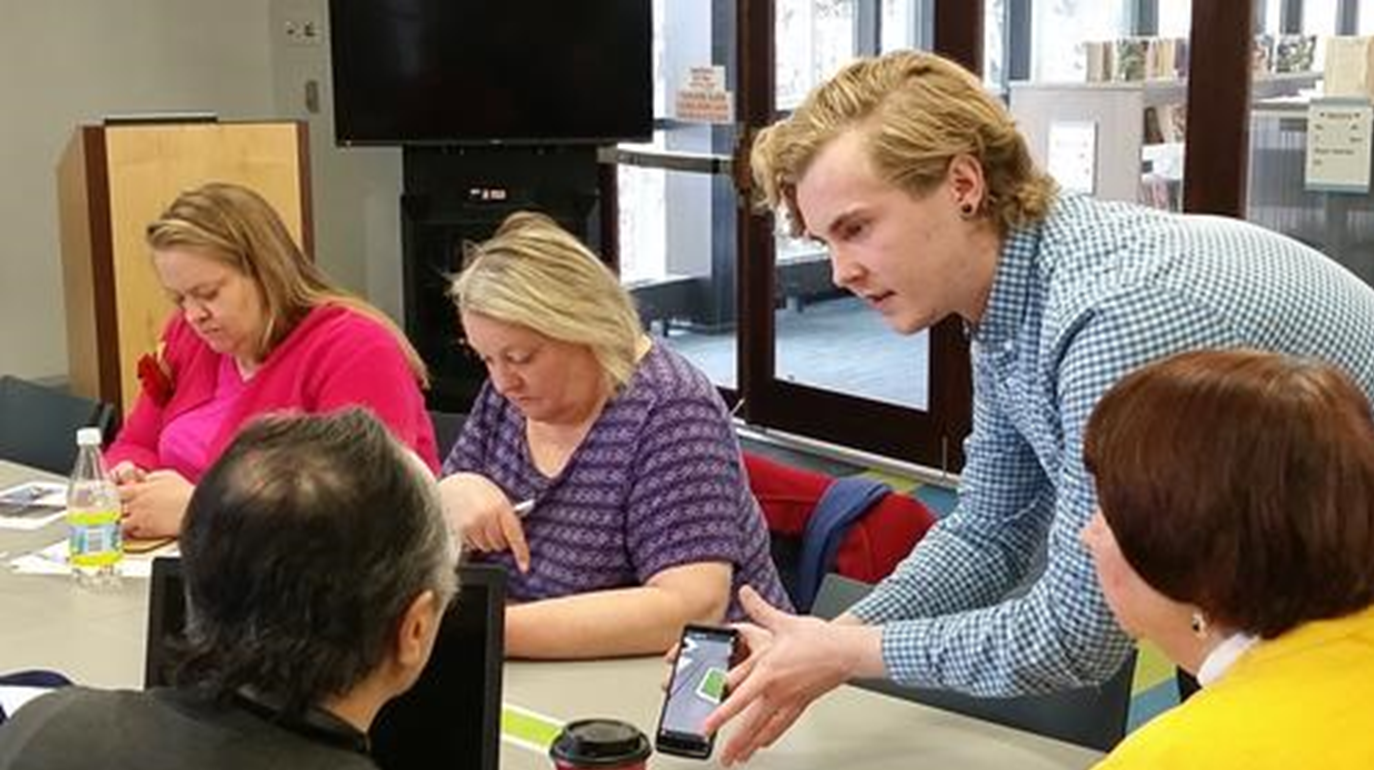
What are the financial benefits of doing CTEP AmeriCorps?
Members receive a living stipend, a health care option, and a $7,395 educational award upon completion of service. CTEP has fundraised to pay our members higher than the region minimum, so we pay approximately $1,923 a month for 12 months. We will support you throughout the year, give budgeting tips, and will help you navigate public assistance.
Find out how doing AmeriCorps can help you pay down your student debt through Public Service Loan Forgiveness (PSLF). The combination of PSLF and the education award can act as forced savings plan that allows you to pay down debt much faster than you would in an entry level job.
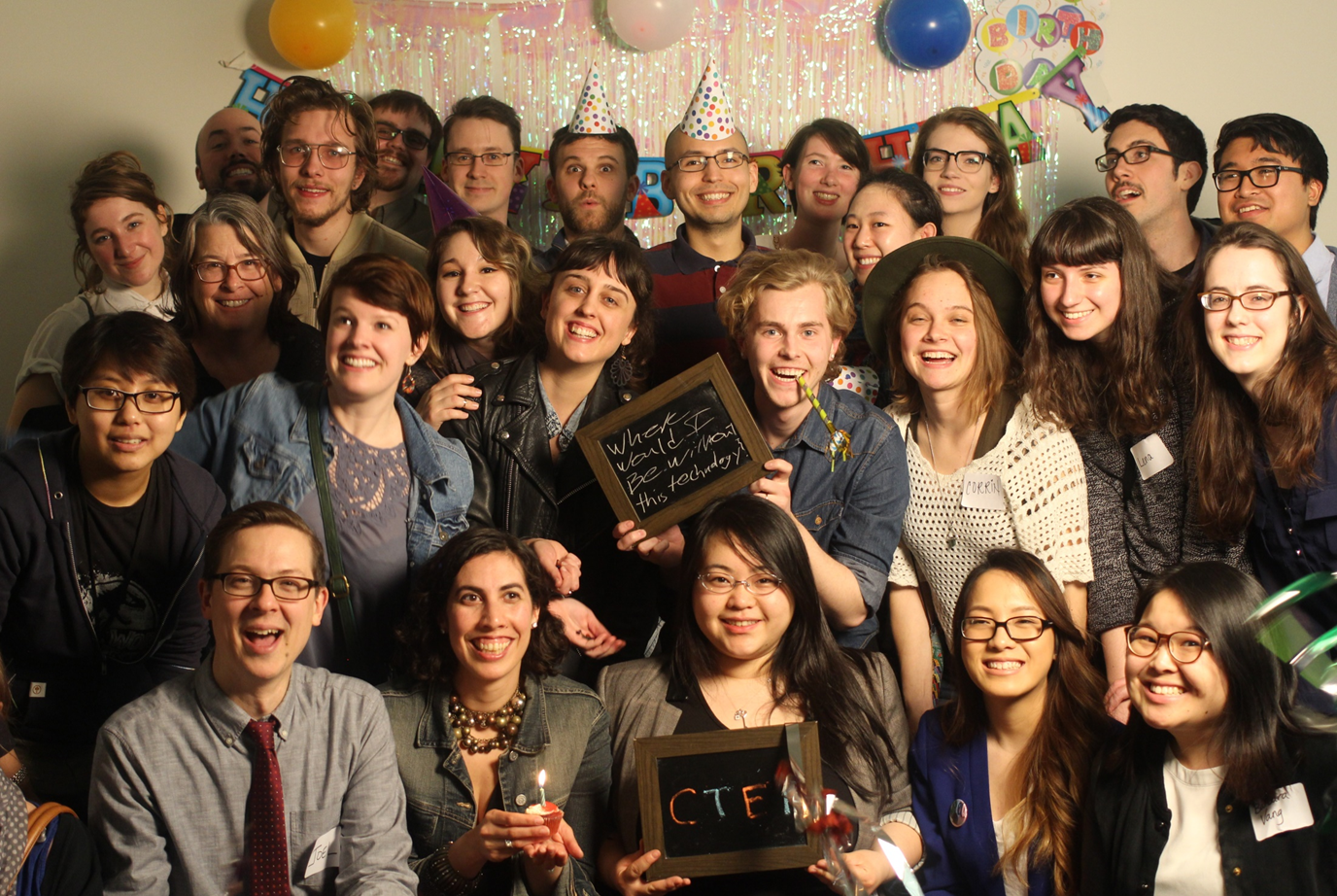
Will I get to be creative and develop leadership skills?
Yes! We want you to be creative and develop your personal leadership style. Each year members do additional civic engagement projects outside their host site. Members work with each other in small groups to address problems and provide solutions related to digital inclusion. Learn more about our group civic engagement projects, which allow members to be collaborative and creative in leveraging community assets.
"I don't believe in leaders in the traditional sense. I think leaders are people who decide to invest in other people. I learned not only to invest in myself and the people around me, but also the community around me. There’s an empowerment aspect for us as well…we’re being given the tools to explore new things, to really grow and develop.
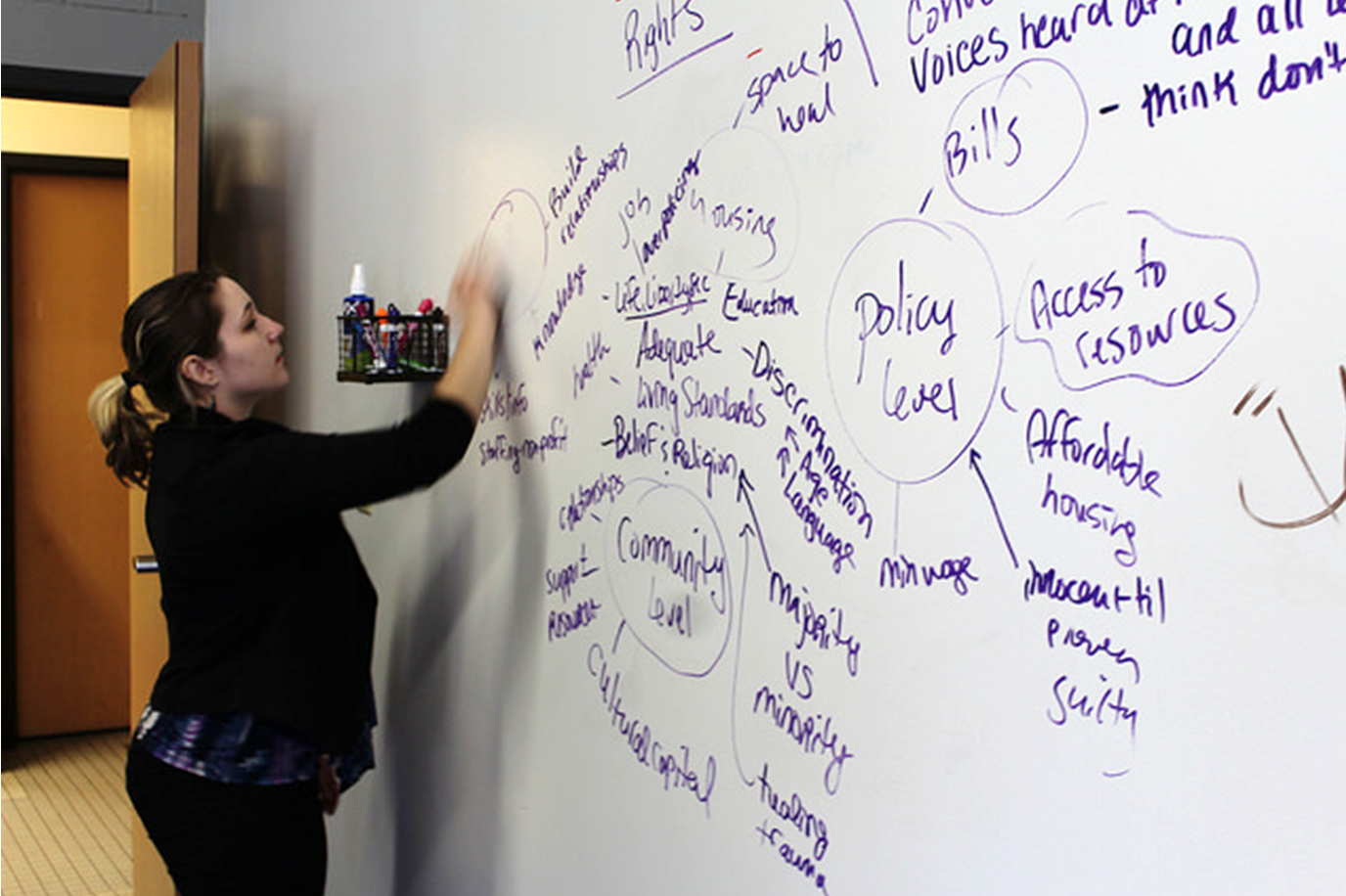
What is CTEP's impact?
Read more here: CTEP's Impact Evaluation Connecting Learning Technology Skills to Obtaining Employment
What else will I be exposed to in the Twin Cities?
You will learn a lot at your host site, but you will also travel to roughly half of CTEP's host sites throughout the Twin Cities. Each training day takes place at a different location where we learn about a particular organization and neighborhood. You will have the chance to reflect on the relationships you build at your site, as well as what you are observing about digital inclusion at the individual, community and policy levels.
“The most rewarding part of my work was the relationships I built with participants, that is people who came to our open technology labs and computer classes. The personal connections allowed me to see the participants' challenges from their perspective and empathize with their situations. I became invested in the participants' successes and defeats and frustrated by their barriers. Through relationships with a wide range of people I really expanded my worldview.” --Ted Klimek, Project for Pride in Living.
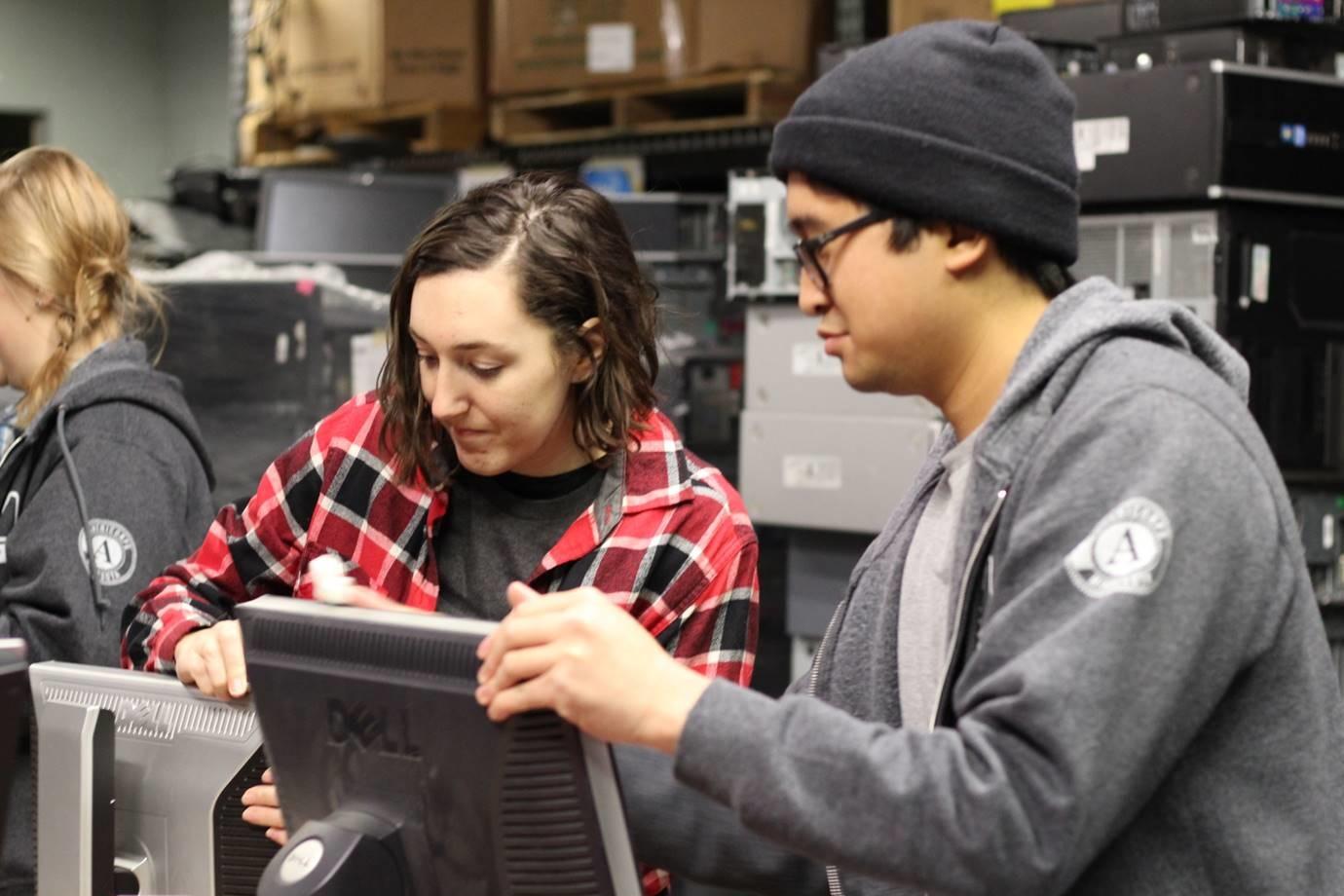
Do I need to be a technology whiz to join CTEP?
You don’t need to be a computer expert to join CTEP. While some members do teach skills like music and media production or website and graphic design, most members teach basic skills like introducing someone to the internet for the first time, or helping someone edit a resume in Word. Technology is simply a tool to help someone achieve a life goal such as getting a better job or moving forward with their education. Our graduates go onto every kind of career, including social work, education, public health, law and public policy. If you have ever helped a friend, colleague or family member with how to use a computer, tablet or cell phone then maybe you could be a great technology instructor. We seek people with tutoring or teaching backgrounds, experience working across cultures, and those who see themselves as current or future changemakers.
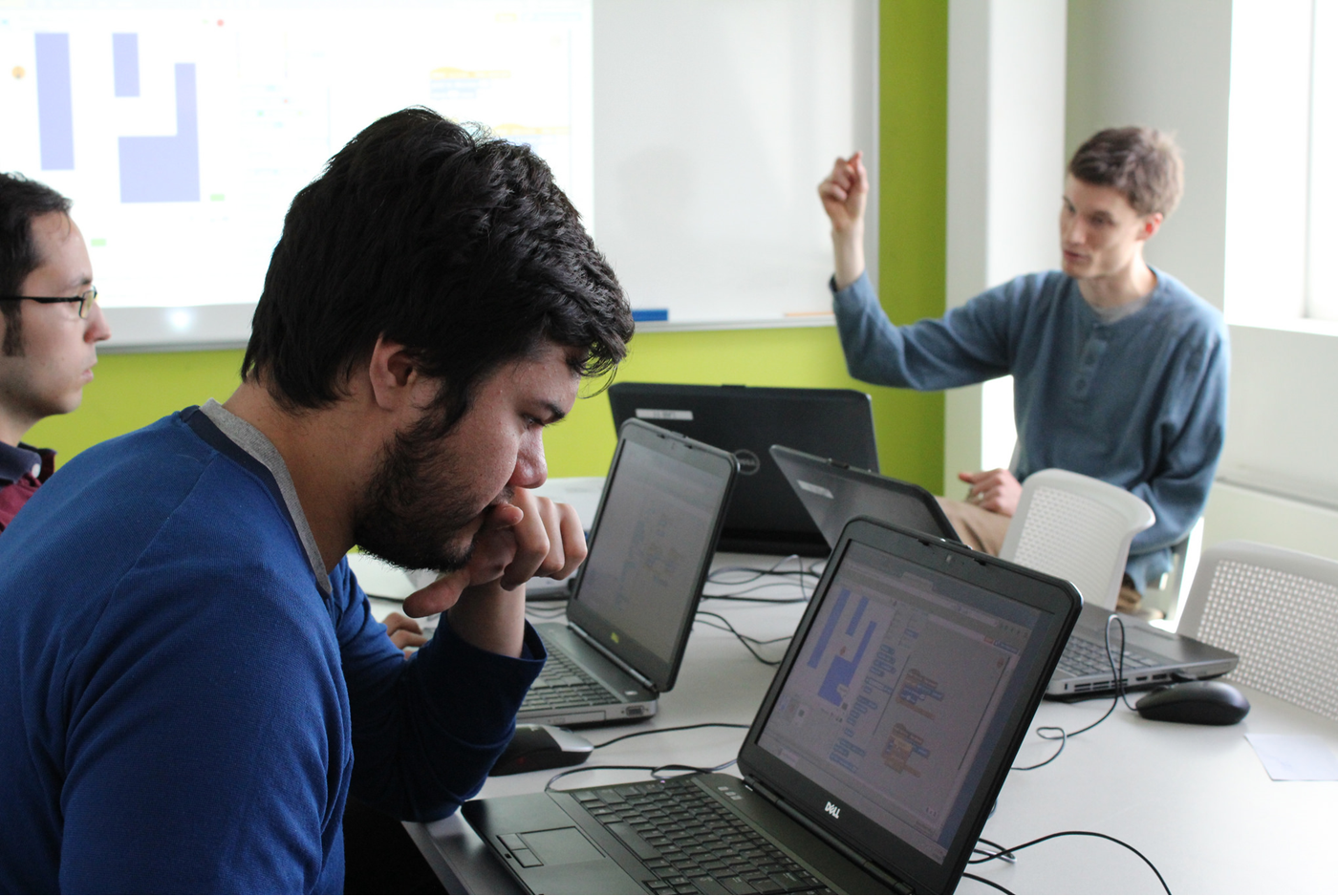
What is digital inclusion?
The digital divide is often thought of as the divide between those who have access to technology and those who do not. Digital Inclusion goes beyond access to include basic skills training; digital inclusion professionals, such as CTEP members, aim to include all people in our workforce and community by breaking down technology access barriers and by helping people gain technology skills. Digital equity--making sure everyone has equal access to technology--is about the intersections of technology, education, class, race, housing and geography, and resource allocation.
“I want policy makers to know that the digital divide is STILL a thing. I think some people are under the impression that if they stick a library or access lab in a low- income neighborhood it completely fixes the digital divide. We in CTEP know, it doesn't. It takes education and training and confidence building.” –Rachel Hoyles, Project for Pride in Living.
